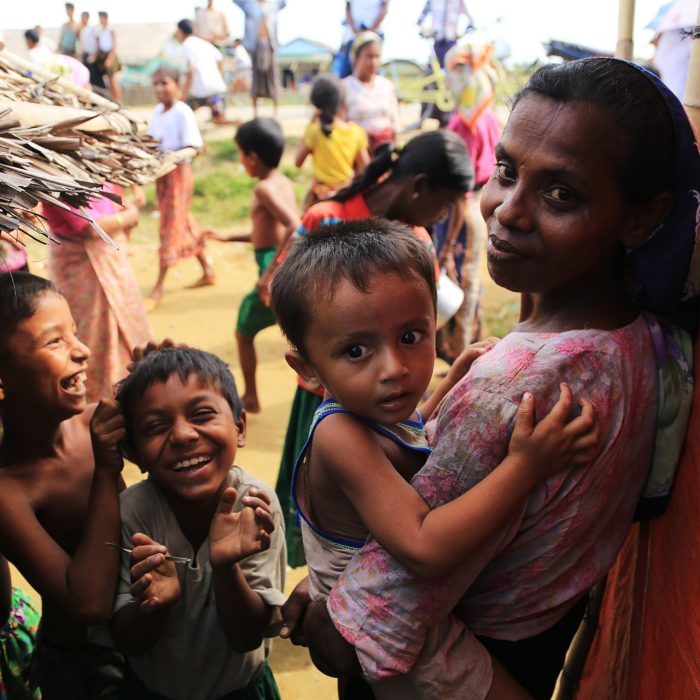Regional refugee protection
This project explores the merits and opportunities of enhancing refugee protection at the regional level, both in Asia Pacific and other regions of the world.

The challenge
With record numbers of people displaced by war, violence and persecution globally, the question of how States might cooperate to manage forced migration and respond to the needs of people on the move has become more relevant than ever. The scope of global displacement demands something more than unilateral and uncoordinated State responses to forced migration. While the international protection regime provides an important overarching framework in this regard, it is also vital to consider how States respond to issues of shared concern at the regional level.
This project explores the normative and legal bases for cooperation on refugee protection in various regions, including Asia-Pacific, Europe, Africa, and Latin America. Drawing on global, interdisciplinary expertise, the project considers how cooperation could be advanced across different regions and what responsibility sharing could and should look like in the design and development of protection responses.
Our impact
The Kaldor Centre for International Refugee Law has been at the forefront of global discussions as to how to advance cooperation and responsibility sharing for providing protection to refugees at the regional level. Over the past decade, our research has been cited by key decision makers and has featured in United Nations reading lists to assist global debates surrounding new approaches to refugee protection. Our team has also regularly been invited to participate in global and regional dialogues relating to refugee protection.
Through our ongoing work and partnerships, we have brought together diverse stakeholders to advance discussions around regional cooperation and refugee protection in the Asia-Pacific, and we have advanced knowledge in areas such as responses to the Andaman Sea Crisis, the implementation of refugee protection in Africa and Latin America, and approaches to extraterritorial processing in Europe. Our Emerging Scholars Network has also been a forum of support and engagement for early career researchers from across the regions, including from historically underrepresented areas.
We encourage you to explore the diversity of our research below, which canvass legal and policy issues across Africa, Europe, Latin America and the Asia-Pacific.

Our work
Our work considers the merits and opportunities of regional approaches to refugee protection. It draws from lessons and insights from around the world to highlight opportunities and potential for meaningful cooperation and collaboration. In our work, we have emphasized the importance of transitioning from responsibility shifting to responsibility sharing, and of engaging a diverse set of actors as part of a whole-of-society approach to refugee protection.











